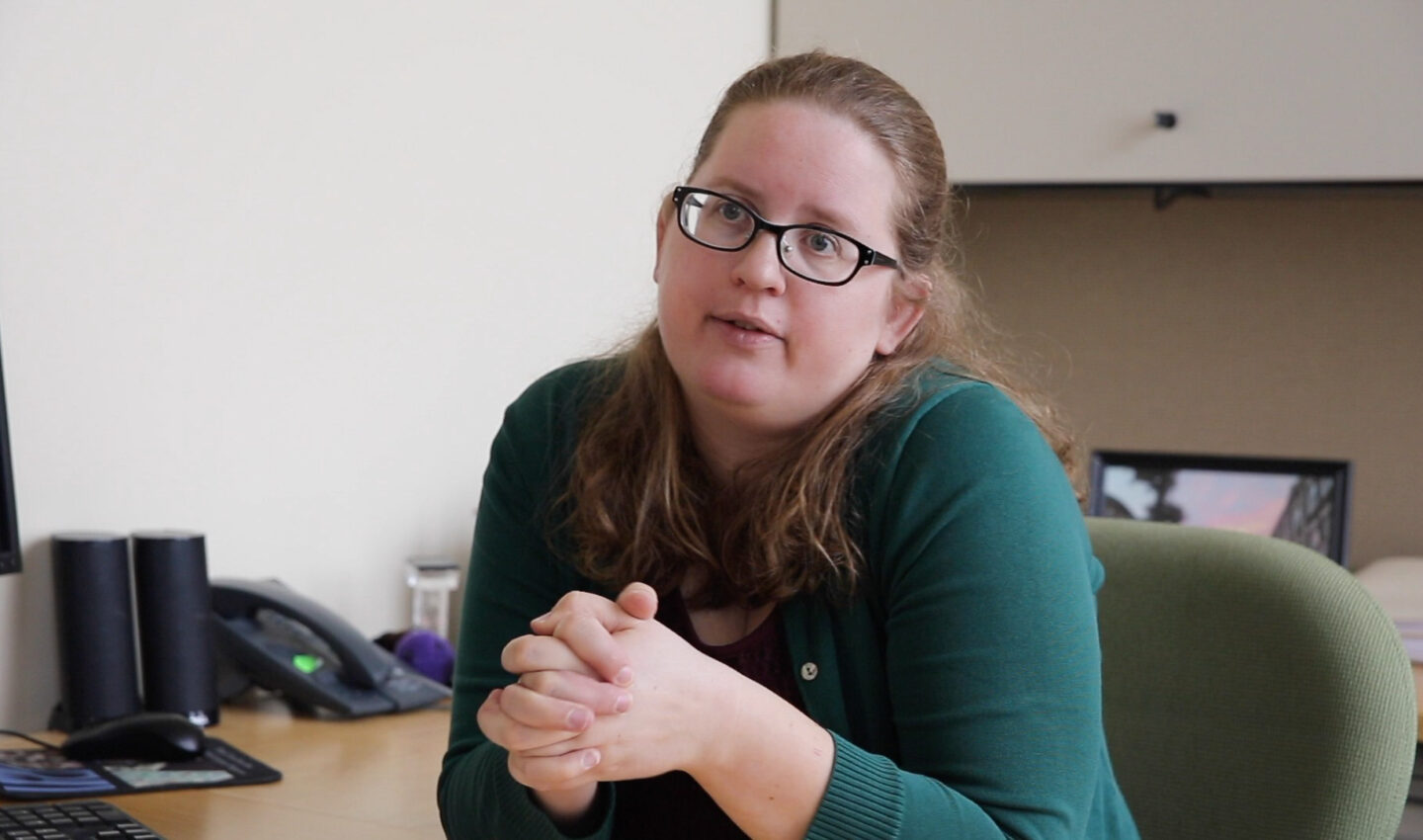As governors and lawmakers lobby for flexibility in running their Medicaid programs, Massachusetts offers a prime example of how states can gain greater control over how their federal health dollars are spent, says UMass Medical School health care law and policy expert Rachel Gershon.
Massachusetts used a Section 1115 waiver to restructure its Medicaid program in the mid-2000s to “expand coverage to almost everyone,” Gershon notes, adding the effort later became a model for the Obama Administration as it crafted the Affordable Health Care Act.
Through the waiver, Massachusetts was able to close long-standing insurance coverage gaps by expanding the Medicaid eligibility to cover a much wider segment of the state’s population. Among those added to the state’s Medicaid program were low-income families with children, individuals with disabilities, and the long-term unemployed.
Before the waiver, there were many people who fell through the cracks, says Gershon, who worked at one time as a healthcare navigator trying to help people get health insurance. She recalled her frustration struggling to find coverage for a cancer patient who made too much money to qualify for Medicaid but had lost her insurance after losing her job.
“It was just really hard to do, to navigate the individual (health insurance) market,” says Gershon, an associate at UMass Medical School’s Center for Health Law and Economics.
Massachusetts officials won the waiver by convincing federal regulators that Medicaid dollars would be more efficiently spent by enrolling the uninsured in a managed care style program instead of simply reimbursing hospitals for their losses caring for poor and low-income patients with no insurance.
Through its successful 1115 waiver, Massachusetts “kind of cracked that nut of how do you make an individual market that really works for people,” Gershon notes.
Gershon adds that the Affordable Care Act is “extremely complex” and has its pros and cons. There are definitely things that could be fixed within that law.”
That said, states hoping to completely replace the ACA with something different through the 1332 waiver process face a potentially daunting road ahead.
Gershon points out that while it is “legally possible” for states to replace the ACA through the 1332 waiver process, she warns that “finding a wholesale replacement is not necessarily going to be easy for states.”


